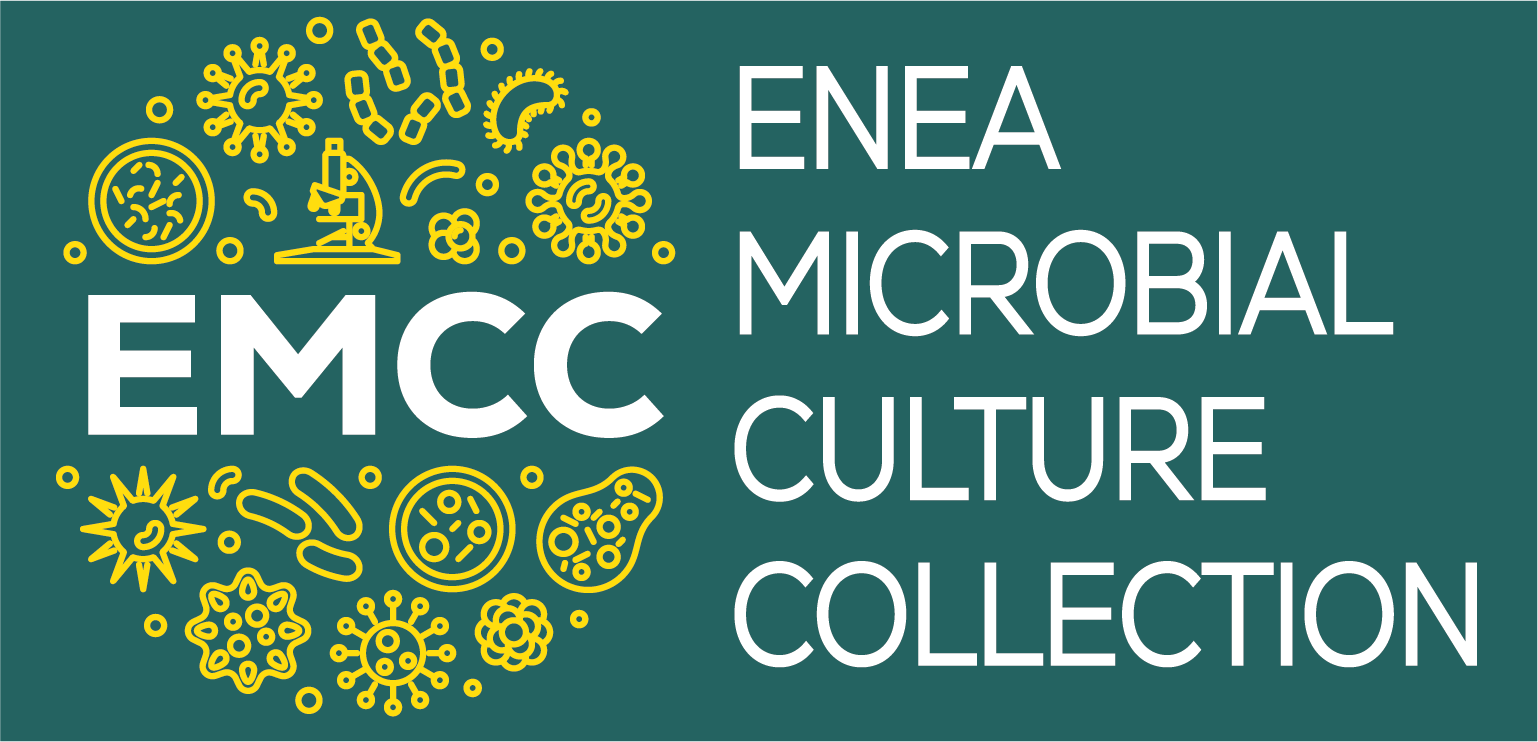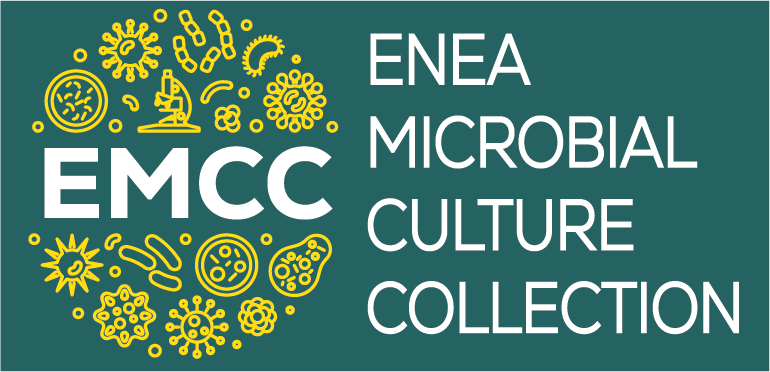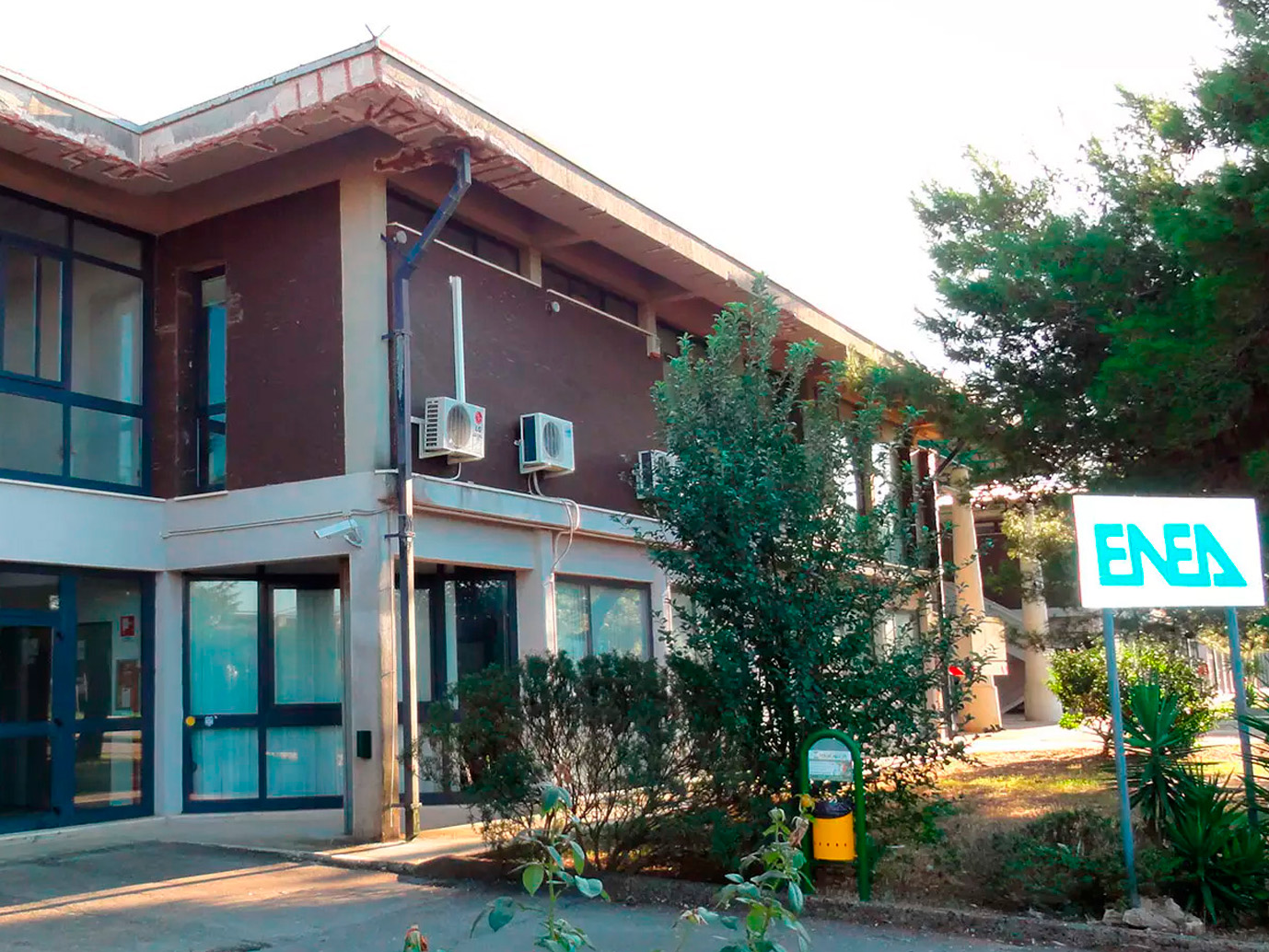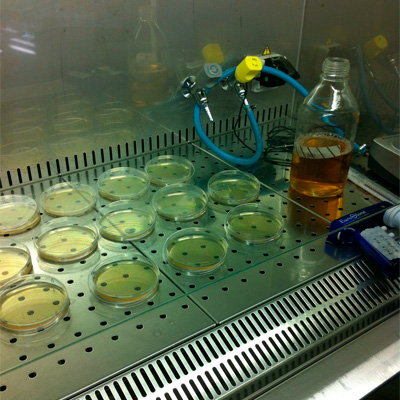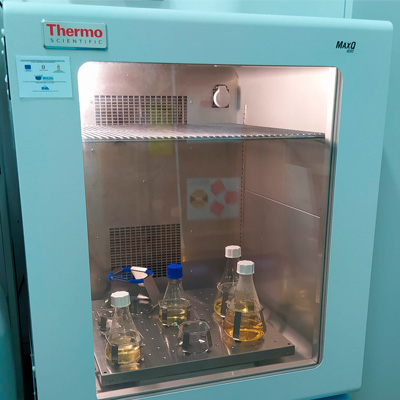ENEA Microbial Culture Collection
The ENEA Brindisi's operative unit (OU) is characterized by specific skills and experience in the recovery and reuse of biomolecules extracted from agri-food sector wastewater. In particular, in recent years, research has focused on technological solutions for the enhancement of innovative technologies and processes for the production of 100% biodegradable and compostable biomaterials for a sustainable, economic / circular and intelligent industry, transforming the waste generated by the agri-food sector in resources, redesigning the packaging in a sustainable way and introducing biodegradable materials in the production lines. Thanks to the skills related to the membrane separation processes developed by Enea in the Brindisi Research Center for the fractionation of whey, it is possible both the differentiated recovery of all components (such as whey proteins / peptides, lactose and mineral salts) and ultrapure water. Furthermore, the production of biodegradable bioplastic and bio-derived from lactose extracted from wastewater, allows the total valorization of waste oriented towards innovation in the agro-food chain, with benefits also in terms of reduction of pollutants in the dairy industry and the impact of plastic in the 'environment.
The experiences present also make it possible to intervene on the extraction and use of bioactive peptides to be used as supplements in new products, also responding to the principles of the circular economy with the objective of 'zero waste at the end of the process', and to ethical needs, environmental and economic, linked to the high costs of the disposal of wastewater from the agri-food chains, allowing moreover to cut the unit cost of production of the biopolymer produced by about 23%.
The site is also characterized by skills related to research and development for technological innovation in the production, storage and optimized distribution of energy from processing waste from the agro-industrial sector, with a focus on by-products agro-industry such as exhausted biomass for their experimentation and development in energy enhancement. Furthermore, the accumulated experiences allow to intervene also in the valorization of waste coming from the olive sector by treating the pomace and the vegetation waters for the production of fertilizers.
UO09 has high expertise and facilities for classical and molecular microbiology with a large portfolio of ongoing national and international projects and major research infrastructures. SIMBA “Sustainable Innovation of Microbiome Applications in the Food System” https://simbaproject.eu; EJP SOIL - “Towards climate-smart sustainable management of agricultural soils” https://projects.au.dk/ejpsoil; DELISOIL - “Delivering, safe, sustainable, tailored & socially accepted soil improvers from circular food production processes for boosting soil health”; l’infrastruttura di ricerca europea METROFOOD https://www.metrofood.eu. The OU of Brindisi has participated in PON-MIUR research projects such as the BE&SAVE project, Technologies and operating models for the sustainable management of food supply chain through the valorisation of waste, Biological production for energy purposes, the reduction of Food waste of the distribution system and consumers and the treatment and valorisation of the edible fraction of the waste urban solid. Furthermore, has participated in POR Apulia Region research projects such as the BIOCOSI' project - Development of innovative technologies and processes for the production of 100% BIOdegradable and COmpostable packaging for a Sustainable, economical/economico sostenibile processes for the production of 100% BIOdegradable and COmpostable packaging for a Sustainable, economical/circular and Intelligent industry. The OU09 ENEA Brindisi's with SUS-MIRRI.IT Project, funded by National Recovery and Resilience Plan (PNRR) is granted by the European Commission’s NextGenerationEU programme, is involved in the characterization of the biotechnological potential of strains belonging to ENEA microbial collection. The upgrade of the microbiology laboratory through the acquisition of instruments will permit to implement the ENEA microbial collection through the isolation and characterization of biopolymer degrading bacteria from compost, sea water and soil. This latter could be explored in order to develop new strategies for biodegradable and compostable polymers (as an alternative to conventional plastics) for food packaging applications.
Head UO09
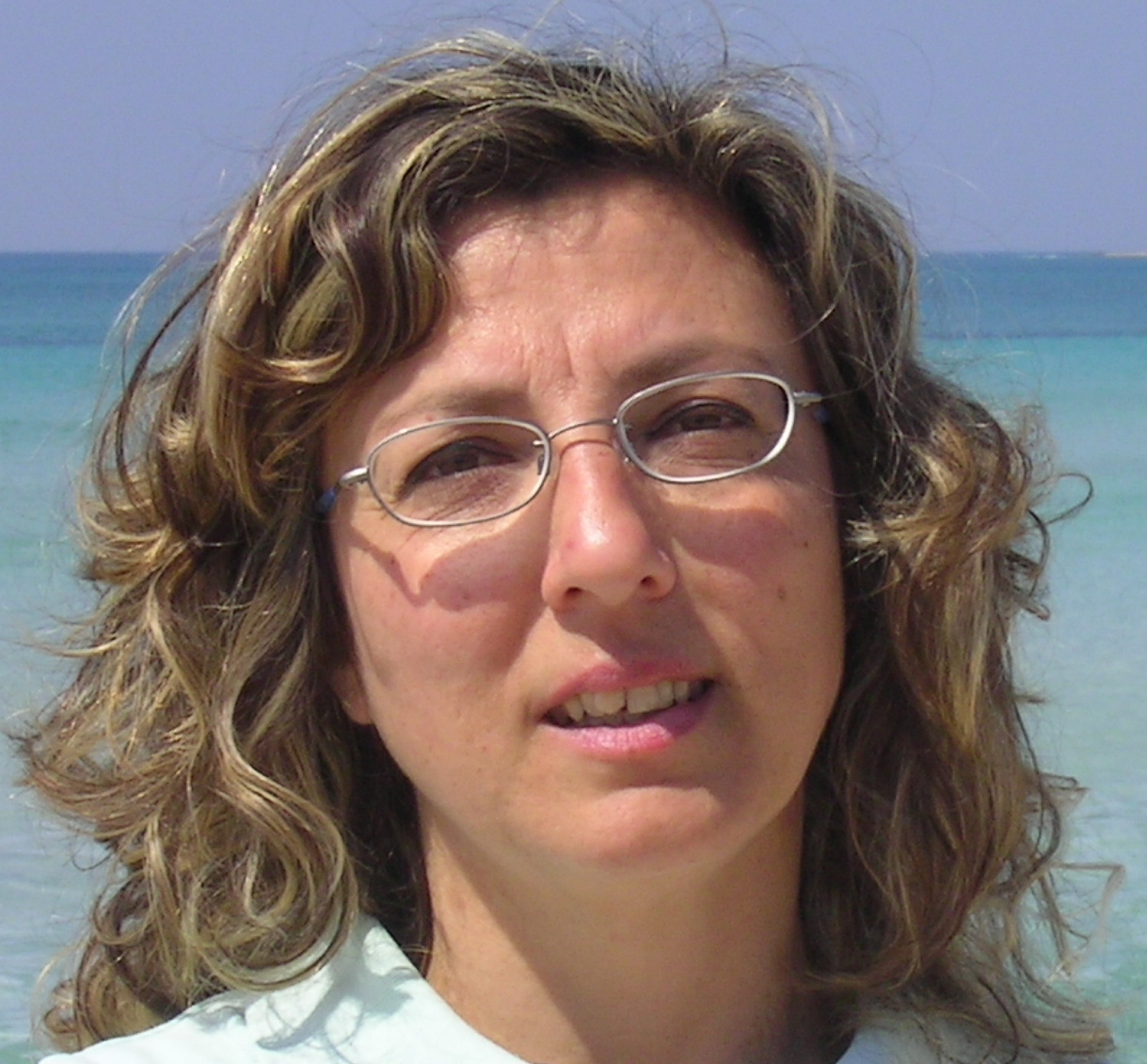
Cuna Daniela
Researcher at ENEA since 2002. Graduated in Biological Sciences at the University of Siena, she obtained a Ph.D. in Fundamental Ecology at the University of Lecce. He carries out her activity in national and
international research projects.
He has acquired skills in the development of processes for the valorization of biomass, in particular in the field improvement of the fermentation step of the sugar mixtures (C6-C5) by pure culture and co-cultures of yeasts (Saccharomyces cerevisiae and Scheffersomyces stipitis), both with free cells and immobilized cells in carriers (Ca-alginate and PVA beads, Silica-hydrogel biofilms); studies on the microbial inhibition, due to the biomass pretreatment by-products (organic acids and aldehydes) and ethanol; Isolation and characterization of new strains from soil, seawater and compost.
Staff:

Camassa Angelo
Over the course of the numerous and multidisciplinary training, work and social experiences of approximately 30 years, I have been able to develop a particular ability in problem solving, both in technical-organizational implementation expectations and in technical-legal management aspects, as well as communication and intra- and extra-company relationships. I have also acquired a fair amount of experience and technical-legal knowledge in the environmental field relating to the recovery of industrial by-products in a circular economy dimension.

Pallara Patrizia
Graduated in Medical Biotechnology at the University of Rome "Tor Vergata" with a score of 110/110 with honors.
She has been a researcher at ENEA since 2000. In the biotechnology laboratory of Enea Casaccia she acquired experience in the field of plant biotechnology and metabolic engineering; in the heterologous
expression of proteins through the transformation of the nucleus and chloroplast of microalgae; in the analysis of microarrays for genetic polymorphisms (SNPs), and for the gene expression profile of a tissue; in
next generation sequencing (MiSeq); In the C.R.Enea Brindisi the research work includes production of bioplastics from agro-industrial waste and the isolation and characterization of new strains from soil, sea
water and compost.

Scalone Anna Grazia
Researcher at the ENEA Laboratory for Sustainability, Quality and Food Safety; master’s degree in CHEMISTRY AND PHARMACEUTICAL TECHNOLOGY with a Thesis on the study of antibiotic resistance of Staphilococcus Aureus.
She has developed skills: in techniques of extraction, separation and recognition of proteins from plant material; in chemical synthesis with a microwave reactor of compounds for optical and thermoelectric applications and in optical characterization, morphological and chemical products of new synthesis. Excellent knowledge of common analytical techniques and issues related to the pre-analytic, analytical and post- analytical phase. High experience in the use of sample preparation methods for: spectrophotometric analysis, gas chromatography, elemental analysis, film deposition for spin and dip coating, ICP-OES spectrometer analysis.

Scalone Anna Grazia
Chemical expert at the ENEA Laboratory for Sustainability, Quality and Food Safety.
The activities in which I have been involved have mainly concerned the bioagroindustry and in particular: extraction of plant matrices by supercritical CO2 installation, use of the electronic nose and NIRgun to determine the quality of the fruits, sampling, characterization and morphological study of industrial hemp cultivars, new generation food production using 3D printing. In addition, I dealt with the synthesis and characterization of nanocrystalline semiconductors and polymers. The expertise gained during these years have given me excellent skills in conducting experimental plants pilota and good manual skills with laboratory instrumentation thanks to the knowledge of common analytical techniques.
